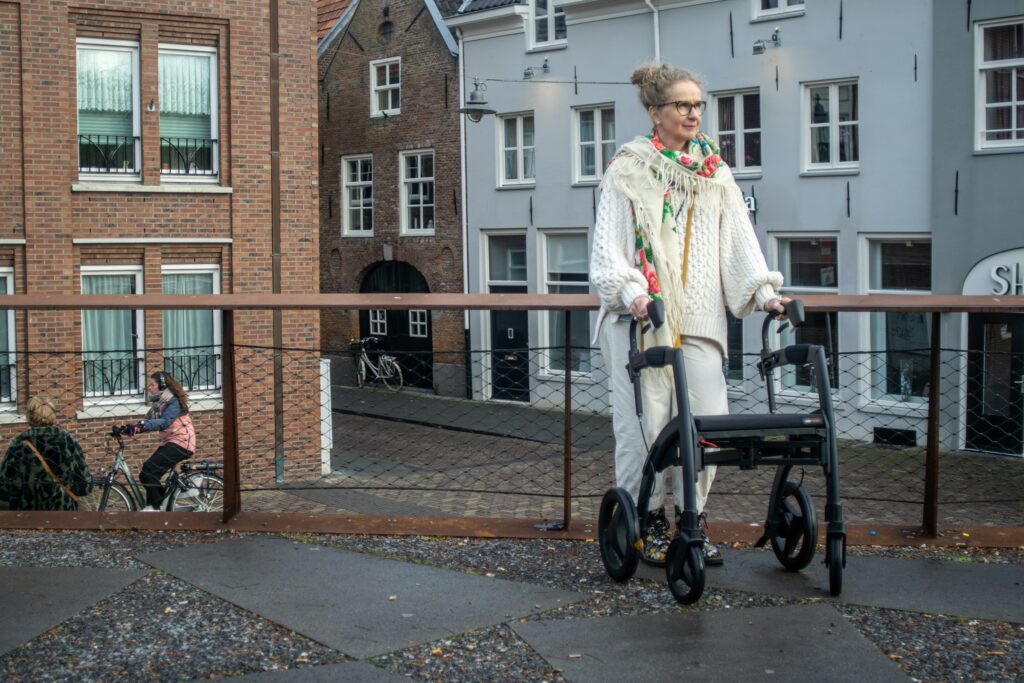The Estonian pharmaceutical development company GeneCode has joined the European Innovation Council’s Scaling Club network, a prestigious platform supporting deep-tech companies with breakthrough potential. The announcement highlights GeneCode’s growing prominence in the biotechnology sector and its focus on tackling neurodegenerative diseases.
Membership in the council’s Scaling Club, which connects over 120 high-potential European technology firms with investors, mentors, and partners, offers GeneCode significant opportunities for growth. According to the company, this step will enhance its ability to expand operations and attract new partners and investments.
According to GeneCode’s CEO, Paavo Pilv, joining the club is a significant boost to achieving the company’s goals. “It offers a unique opportunity to connect with top European entrepreneurs in our field and accelerate growth with the guidance of mentors. Membership also strengthens our market position and improves access to investments.”
Revolutionising treatments for neurodegenerative diseases
GeneCode is making waves in the biotech sector with its innovative drug development programmes. Recently listed among Estonia’s seven most prominent biotechnology companies by leading European news portal Labiotech, the company is focused on treatments for diseases such as amyotrophic lateral sclerosis, retinitis pigmentosa, inflammatory bowel disease, and Parkinson’s disease.
One of GeneCode’s flagship projects targets Parkinson’s disease, aiming to revolutionise treatment by slowing disease progression and restoring nerve cell function.
“The uniqueness of the drug lies in its ability to protect and restore dopamine neurons, addressing both motor and non-motor symptoms,” professor Mart Saarma, a member of the company’s board of directors, explained. He emphasised the team’s commitment to developing treatments that address the root causes of neurodegenerative diseases.
“Current treatments only alleviate symptoms,” Saarma noted. “Our goal is to develop therapies that modify the disease and, ultimately, find cures.”

